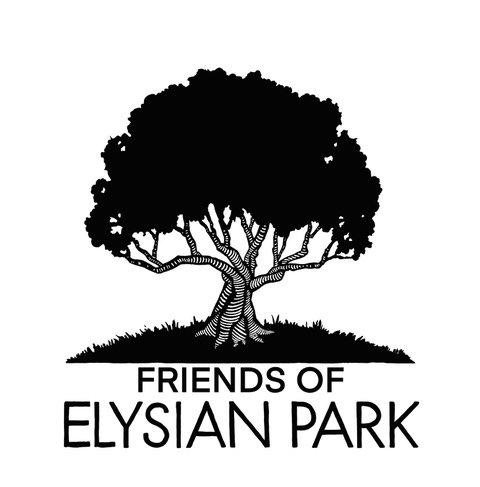Where to find endangered Black Walnut trees in Elysian Park
Have you been to Walnut Hill? In the 1990s, it was intended to be a giant warehouse. Our organization, the Citizens Committee to Save Elysian Park, helped the city of Los Angeles stop the construction and designate the 18 acres as a parkland expansion of Elysian Park. In April 2011, Mayor Eric Garcetti formally opened the completed Phase One, which included five acres of new parkland.
The section of the park includes a basketball court on Riverside drive that always seems to be in use. A self-cleaning restroom is in the final stages of completion. The 5 acres of the developed park extend up the hill leading to Elysian Heights. The upper level has a playground, an outdoor classroom, and several walking trails. Native Black Walnut trees are preserved on the periphery of the park, offering a thriving wildlife habitat.
The Citizens Committee and our neighbors suggested calling this new area Walnut Hill at Elysian Park to celebrate the beautiful trees that are native to the area. CCSEP and Councilman Mitch O’Farrell made the name official in 2015.
Juglan californica is the native Southern California Black Walnut. It produces many walnuts every year that are an important food source for wildlife. The trees host 29 species of birds that eat the nuts and nest in the branches. Ground squirrels and other rodents have no problem cracking the hard shells. They were also an important food source for the indigenous Chumash people of Southern California.
Urbanization is encroaching on walnut territory and the trees are becoming endangered. Walnut Hill is an important space in our city where these important trees are protected and thriving. If you did not know this amazing part of Elysian Park existed, we hope you’ll visit soon.
Walnut Hill can be found next to the basketball courts alongside Riverside Drive on the map above.


